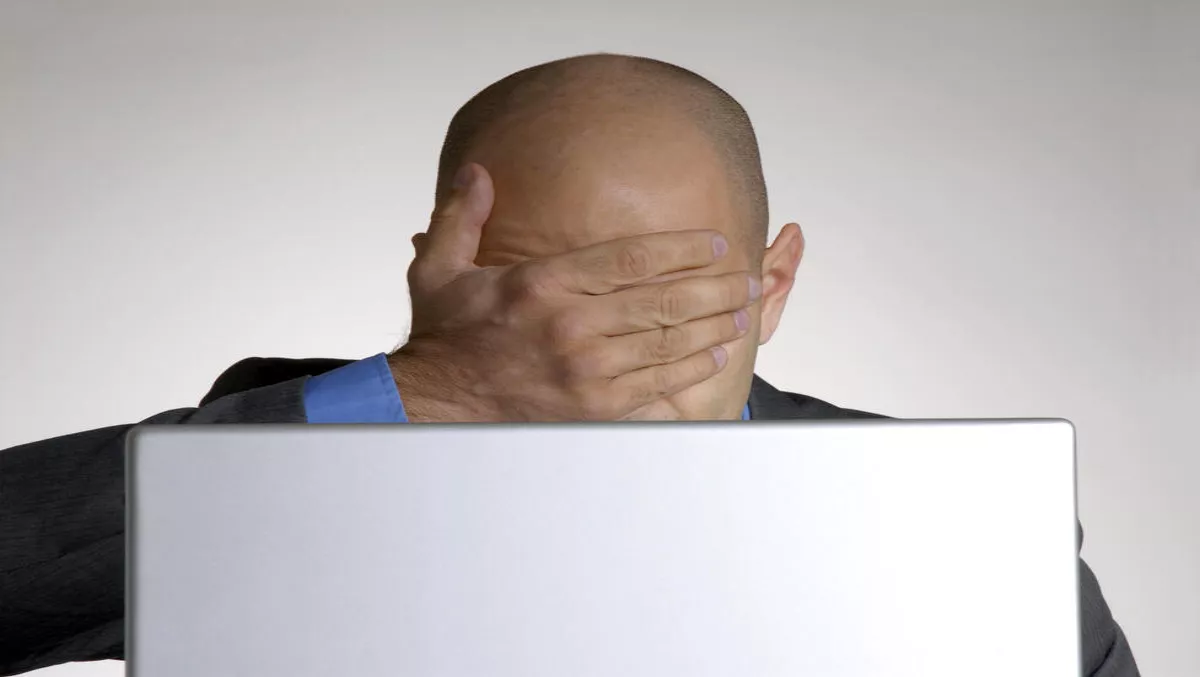
Why you should make more mistakes
Think about the last time you made a mortifying flub at work.
The email that went to the entire company instead of its intended recipient, or the words that – even as you heard them come out of your mouth – you regretted saying to your boss.
Whether you stumbled 15 years ago or last week, the misapprehension and dread it inspired probably feels just as fresh as when the mistake first happened.
Big errors are burned into our memory so that we can learn from them. And even the most successful people make major missteps.
In fact, judging from a series of original posts by LinkedIn's Influencers on their top career screw-ups, it would seem the higher-profile the business leader, the more serious their workplace disasters.
Heavyweights like Deepak Chopra, who alienated himself from the Boston medical establishment with a well-timed dump of a file folder, or Peter Guber, owner of the Los Angeles Dodgers and Golden State Warriors, who fired Jeremy Lin before he became Jeremy Lin.
What sets apart industry leaders with colossal blunders in their past from the simply error-prone is the ability to use mistakes to get better at what they do.
Angel investor and writer Chris Schroeder learned to slow way down and always have someone check his work when, early in his career as an investment banker, he put his and his company's reputation behind a report that was based on a bad calculation.
When Jetblue chairman Joel Peterson was a senior partner at the world's largest real estate developer, he saw the housing crash coming but was at odds with his founder and didn't make a strong enough case to slow growth. The unfortunate outcome for the company taught him never to tiptoe around problems.
Having a sense of humor about your mistakes doesn't hurt either. Former Merrill Lynch president Sallie Krawcheck isn't afraid to talk about how her offbeat-looking cat cleaned her "nether-regions" behind the Bank of America CEO in full view of a very high-profile crowd.
NewYorker.com editor Nicholas Thompson was fired from his first job as an assistant producer on one of the country's most respected television news programs on his first day. "I might be the only person who worked at 60 Minutes for less than 60 minutes," he writes.
This career arc — a fall from grace only to be redeemed later — clearly talks to some part of our brain.
There's a reason why movies, novels and epic poems rely on the three act structure: The hero is introduced, comes up against an obstacle, and just when things look darkest — triumphs. It is in that moment between Acts 2 and 3, when it looks like there is no way back, that the lessons emerge.
So what are those lessons, and how bad can it get? Here are some of the 'best career mistakes' according to LinkedIn members:
What is your biggest career mistake? Did your survive the fall-out? Tell us your thoughts below


